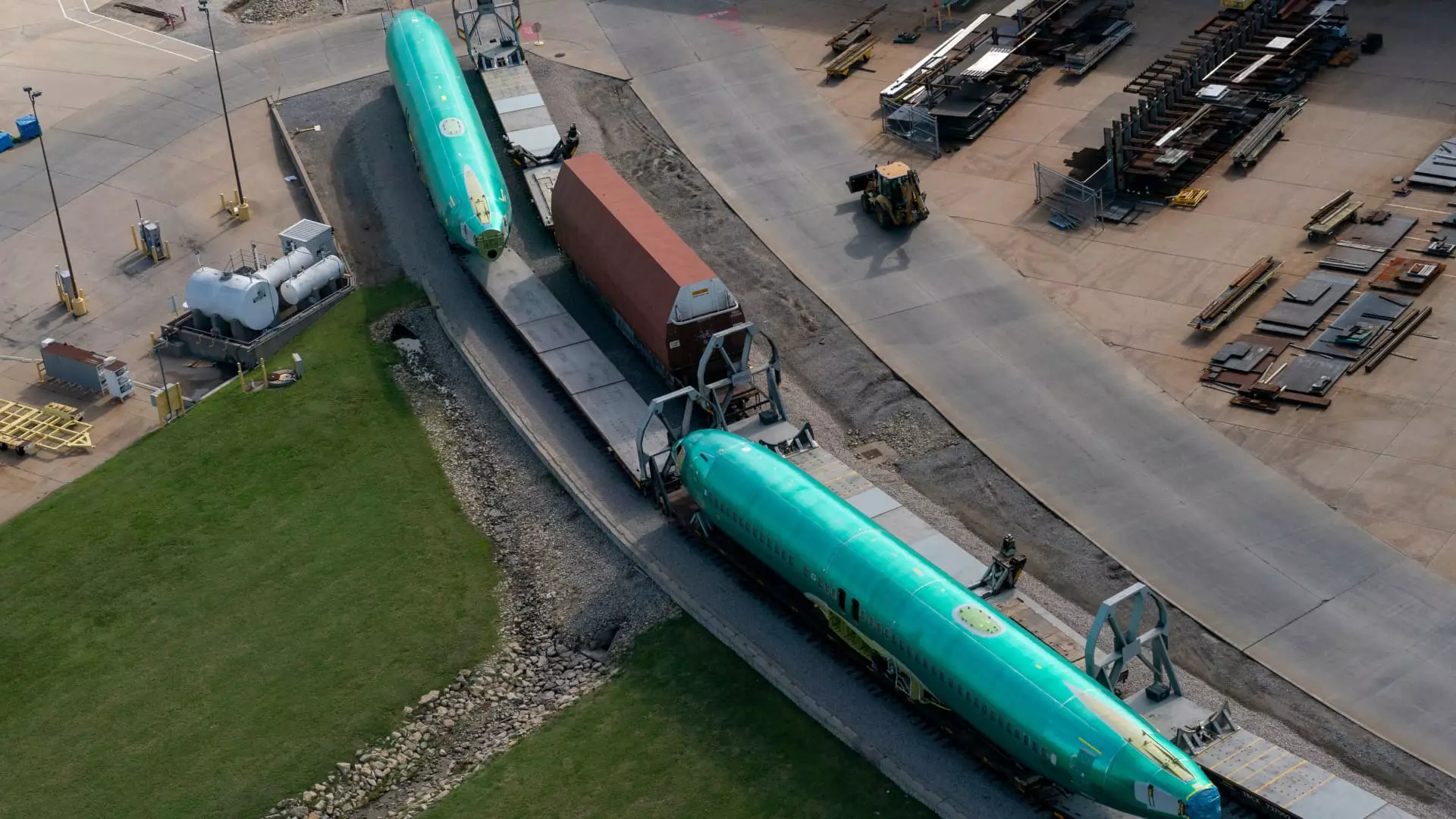The ongoing strike by Boeing machinists has sent shockwaves throughout the aerospace industry, particularly affecting suppliers like Spirit AeroSystems. As the strike nears its sixth week, tensions are high, and production of crucial aircraft, including the Boeing 737 Max, has come to a near standstill. With a recent union vote overwhelmingly rejecting a proposed labor contract, the likelihood of protracted disruption has risen, prompting Spirit to consider significant workforce reductions as a necessary response to the mounting pressures stemming from the strike.
Spirit AeroSystems announced that it might implement furloughs or layoffs of hundreds of employees if the strike persists past November 25. This potential move comes even as the company has already begun preparing to furlough approximately 700 workers for 21 days at its facilities in Wichita, Kansas. These furloughs could start as early as next week, illustrating the immediate impact of the strike not just on Boeing but also on its suppliers and the wider aerospace supply chain. The ongoing uncertainty poses a serious threat not only to Spirit’s workforce but also to its financial stability.
The ripple effects of Boeing’s labor dispute extend far beyond Spirit. The entire aerospace supply chain has appeared increasingly fragile, as many suppliers, hesitant to reduce staffing, find themselves caught between the repercussions of a lengthy strike and the need to maintain a skilled workforce. After years of rebuilding from the Covid-19 pandemic, manufacturers are wary of further workforce reductions, fearing the long-term impact on operational capacity and talent retention. Competitors like Airbus are also feeling the heat, underscoring the extensive challenges the aerospace sector is currently facing.
Boeing is grappling with its own set of challenges amid this turmoil. The company is in the process of acquiring Spirit AeroSystems, a strategic decision expected to be finalized next year. However, with Spirit reporting a staggering net loss of $477 million for the third quarter—a figure that has more than doubled since last year—the acquisition’s future viability may come into question. Boeing’s new CEO, Kelly Ortberg, has made resolving the labor dispute with the Seattle-area machinists a key priority, urging unions to return to negotiations in hopes of swiftly ending the strike.
As Spirit AeroSystems contemplates the difficult decision of further furloughs or layoffs, the distressing interconnectedness of the aerospace industry becomes increasingly palpable. Boeing, with its substantial workforce of over 32,000 machinists, is at a critical juncture that could influence the stability and health of its suppliers, shareholders, and employees alike. The need for a resolution to the labor dispute is urgent, as the repercussions of prolonged negotiations not only threaten individual companies but the broader recovery trajectory of an industry still reeling from past crises. Ultimately, the outcomes of these negotiations will be pivotal for Spirit, Boeing, and the entire aerospace sector as they attempt to navigate the turbulent waters ahead.

